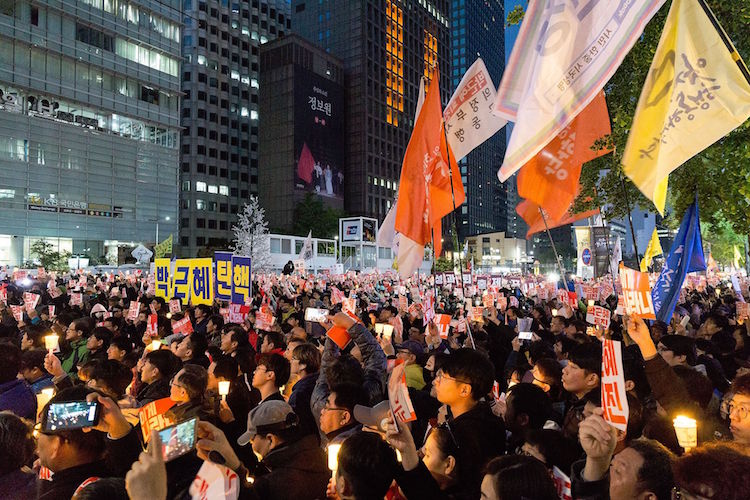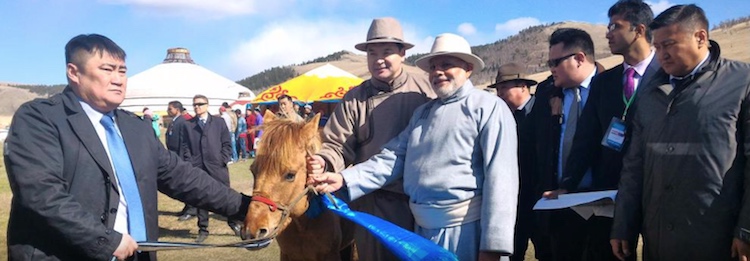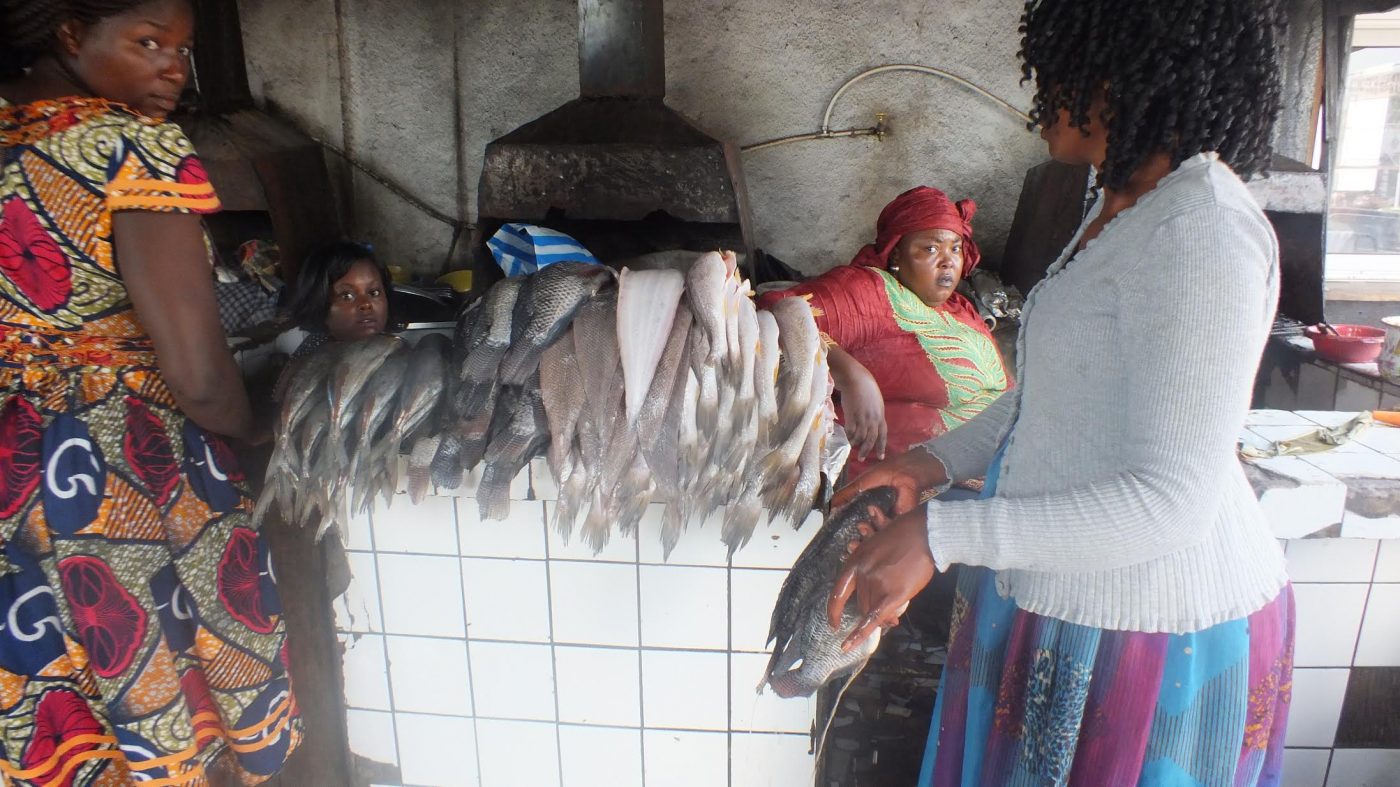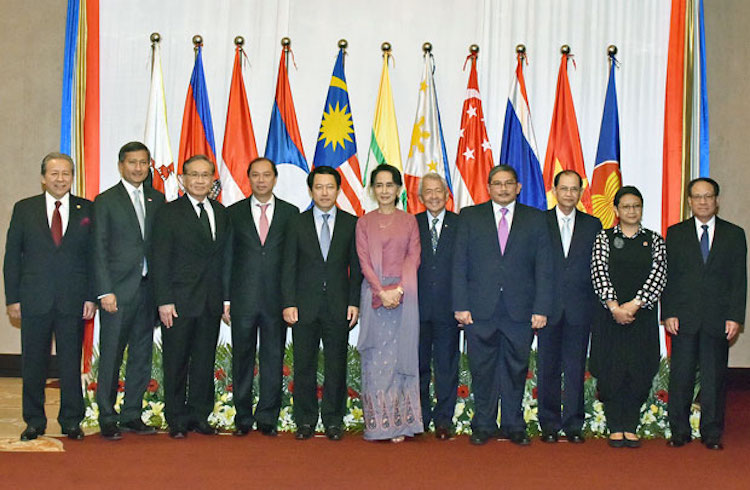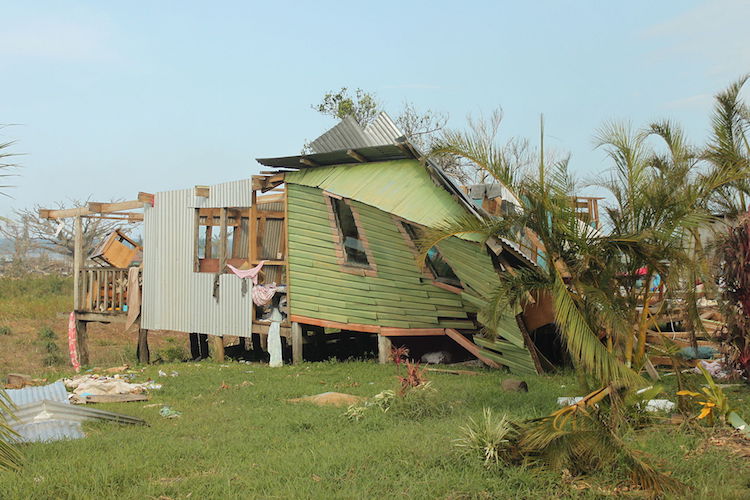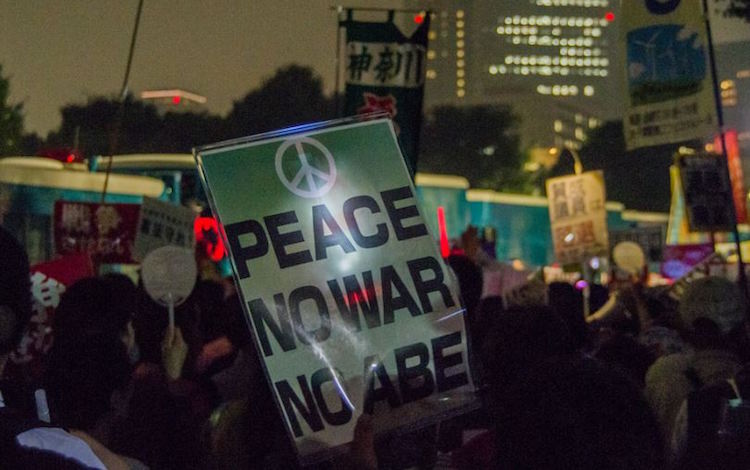By Shastri Ramachandaran
NEW DELHI (IDN-INPS) – As the impeachment trial of South Korean President Park Geun-hye over a corruption scandal began on January 5, international commentators began to ask what will be the political consequences of her exit, and more specifically what it will mean for the deployment of the controversial missile system THAAD (Terminal High Altitude Area Defense).
Park’s powers as president were suspended by the National Assembly, which voted on December 9 to impeach her. This followed months of protests by millions of Koreans seeking to oust her for allegedly extorting money and favors from companies in collusion with her confidante, Choi Soon-sil, for the latter’s foundations.

